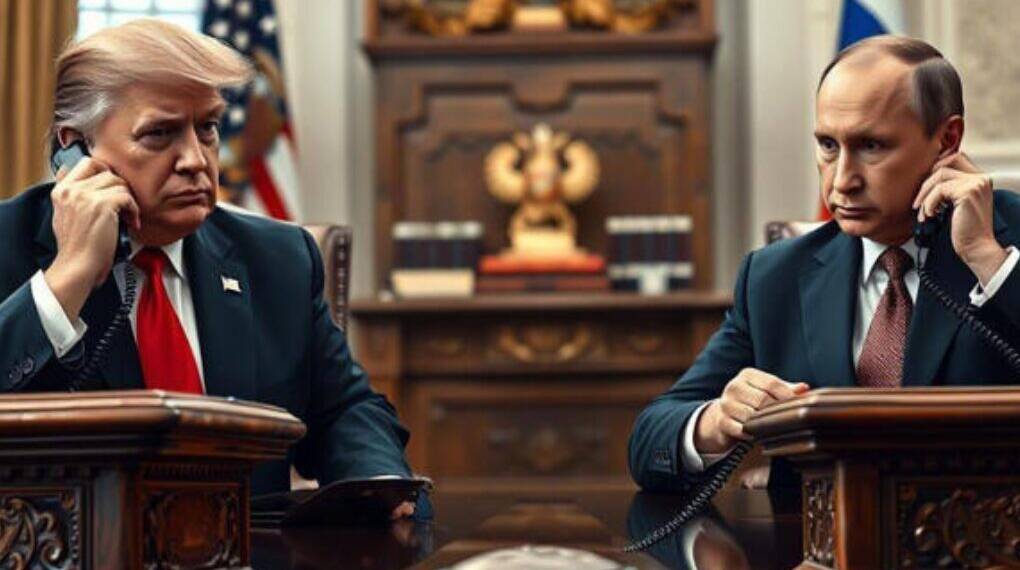A bold legislative move aimed at crippling Russia’s war chest has hit a wall — not because of politics in Washington, but because of an escalating crisis in the Middle East.
A bipartisan Senate proposal, spearheaded by Lindsey Graham and Richard Blumenthal, was set to slap a punishing 500% tariff on countries continuing to import Russian oil and gas. The idea was to send a strong, unified message ahead of the G7 summit — that the West was serious about cutting off Moscow’s war funding. But with new Israeli airstrikes on Iranian nuclear facilities sparking a high-stakes standoff between Tehran and Tel Aviv, the U.S. has been forced to shift its attention — and priorities.
Senator Graham acknowledged the delay bluntly: “It’s going to have to wait a bit.” Senate Majority Leader John Thune confirmed the bill won’t be up for discussion until July at the earliest. The irony? As Iran, one of Russia’s key allies, becomes Washington’s most pressing concern, the effort to isolate Putin financially is put on ice.
This shift leaves President Donald Trump in a strategic bind. Aggressively targeting Russia could further inflame tensions with Iran — and risk drawing the U.S. into another Middle East conflict. But going easy on Moscow comes with its own price: appearing weak on Ukraine and giving Putin more breathing room in his campaign against Kyiv.
Trump seems to be leaning toward caution. He skipped a meeting with Ukrainian President Volodymyr Zelensky at the G7, instead voicing concerns about how sanctions “cost the U.S. billions,” suggesting that they hurt Americans as much as they hurt Russia. Behind the scenes, the White House is reportedly pushing to water down the bill — removing the mandatory 500% tariffs and replacing them with a provision that gives the president the power to decide when, and how, to act.
The reasoning is simple: Trump doesn’t want to be boxed in by a rigid sanctions regime while managing simultaneous crises. Many Republican lawmakers from oil-producing states agree — fearing that a spike in energy prices could hurt consumers back home during an election season.
The Kremlin, meanwhile, remains unfazed. Russian officials have brushed off the proposed tariffs as “empty threats,” confident that the West remains too distracted and divided to impose meaningful economic pain.
But some analysts warn there’s more at play. Tightening sanctions on Russia now could provoke retaliation — not just from Moscow, but from Tehran as well. With Iran under pressure from Israeli attacks and already leaning toward Russia, a new sanctions push could solidify a powerful anti-Western alliance, complicating U.S. strategy in both Ukraine and the Middle East.
In this precarious moment, the tariff bill — once seen as a bold strike against Russian aggression — has become a political casualty of global chaos. The administration’s message to Putin appears to be a quiet trade-off: continue selling oil, steer clear of deeper ties with Tehran, and the U.S. will hold its fire on sanctions — for now.
As Ukraine waits anxiously for renewed support, and European allies look for firm leadership, Washington is once again walking a tightrope. The promise of a dramatic pivot in U.S. policy toward Russia has faded into uncertainty — and the world watches as the balance of power shifts once more.








